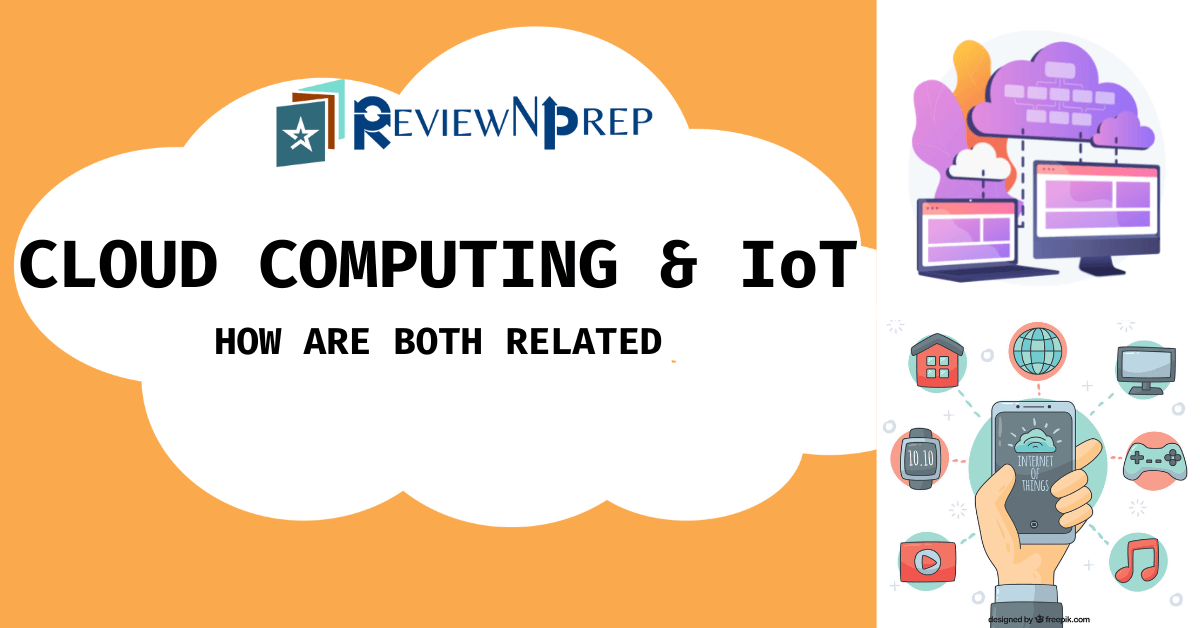|
|
Both Cloud Computing and IoT are rapidly growing fields. They are both technologies that enable companies to remotely manage and execute tasks. In addition, these technologies are closely linked. For example, IoT devices often connect to the internet using wireless networks or cellular connections. These connections form part of the infrastructure needed to support Cloud Computing.
While Cloud Computing enables businesses to store data and applications in remote locations, IoT allows them to collect and analyze data from a variety of sources. Both technologies provide new opportunities for businesses.
What is IoT and Cloud Computing
IoT (Internet of Things) is an umbrella term for networked physical devices that collect and exchange data via the Internet using various protocols. These range from smart home appliances like thermostats, light bulbs, door locks, security cameras, garage doors, and smoke alarms, to industrial machines, automobiles, medical equipment, robots, drones, and many others.
Cloud computing refers to an on-demand network access to a shared pool of configurable computing resources (e.g., networks, servers, storage, applications, and services) that can be provisioned and released at the click of a button with minimal management effort or service provider interaction.
What Is the Difference Between Cloud Computing and IoT?
Cloud computing allows you to use the Internet for storage and processing power. IoT (Internet of Things) refers to devices that are connected through the internet. These devices may be used for anything from monitoring air quality to tracking your fitness routine to improving your productivity.
Imagine you have a system that tracks how cold or hot your house is. The data from the smart thermostat has an IoT device built in. The data from this device is constantly send to a cloud platform to crunch the numbers and automatically adjust to the ideal temperature.
Cloud computing and IOT vs Blockchain
IoT is built on top of cloud platforms, which are used for managing devices and data. These platforms allow for the remote management of devices as well as the sharing of data between different parties.
Blockchain is a digital ledger that stores information about transactions between two or more parties. It’s often used to track the ownership of assets, such as money or property. Blockchain technology can help reduce the overall cost associated with IOT implementations by ensuring that data is accurate and secure.
Why cloud computing is important to the growth of IoT?
So, cloud computing and IoT are related in that they both rely on remote management of devices and data. Below are some of the reasons why cloud computing is crucial to the growth of IoT:
1. Remote Computing and Connectivity
Cloud computing allows for devices and data to be managed and executed remotely. With more countries rolling out 5G connectivity, combined with the power of cloud computing, the need for on-premises servers is getting reduced drastically. Cloud-based systems can be scaled up or down as needed. If needed, more devices can be added and cloud computing scalability can be harnessed to handle the load.
Additionally, edge computing, where the data is closer to the actual user (or network edge) reduces the need for sending the data to the primary cloud location. All cloud providers have started integrating edge locations to their services offered thus improving performance and helping with cloud computing costs.
2. Security and Accuracy
Cloud-based systems are often more secure than systems that are locally based. This is because data is stored on remote servers and cloud can seamlessly integrate with the best in class authorization and authentication providers. It goes without saying that data can be encrypted in motion and on rest leaving businesses one less thing to worry about.
3. Inter-device Communication
One of the key advantages of IoT is that it allows connected devices to talk to each other. This enables solutions that were not possible before. IOT platforms use cloud platforms to manage and execute devices remotely. For example, self driving cars can be connected to a traffic light and both controlled remotely. This way, congestion can be reduced and road safety improved.
4. Data Sharing and Management
The sharing of data from smart devices between different parties is a key part of the success of IoT. By using cloud platforms, data can be shared securely and accurately. For example, if you have a smart watch, the data generated by your watch can be shared with medical professionals, thus creating better healthcare solutions for you and everyone.
5. Business Resiliency
In an era where device connectivity is of prime importance, cloud computing provides a resilient platform for businesses. To make the IoT applications disaster resistant, the builds can be deployed across multiple regions to provide redundancy. The data can also be replicated across multiple regions.
Any issues that arise with devices or data can be resolved quickly and easily, without the need to rebuild the system from scratch. Businesses don’t have to worry about their data being lost in the event of a natural disaster or other unforeseen circumstances.
Conclusion
As you can see, cloud computing has a lot to offer when it comes to the growth of IoT. It’s no wonder that businesses are turning to cloud-based platforms for their solutions they provide an efficiency and reliability that cannot be matched by traditional methods.
Further Reading:
Check out how IoT is impacting the eCommerce industry in this blog
Recipe for success in IT field – Important skills you MUST HAVE!

